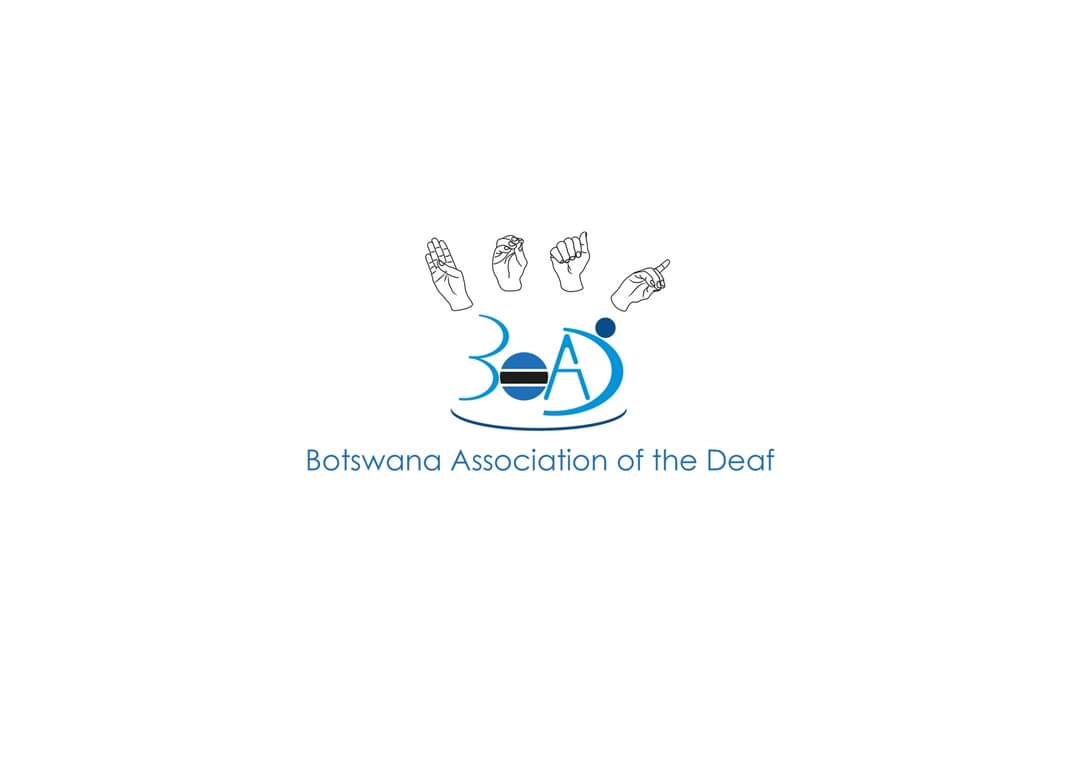Women with disabilities in Botswana endure a multitude of significant challenges that impede their ability to fully participate in society. These challenges are compounded by high rates of Gender-Based Violence (GBV), inadequate access to healthcare services, societal stigma, and systemic barriers. Addressing these disparities is crucial for fostering an inclusive society where all individuals can thrive.
The Harsh Reality: Gender-Based Violence and Healthcare Access
Gender-Based Violence
Gender-Based Violence is a pervasive issue in Botswana, and women with disabilities are disproportionately affected. According to various studies, women with disabilities face a heightened risk of physical, sexual, and emotional abuse. The perpetrators often exploit their vulnerabilities, knowing that these women are less likely to report abuse due to fear, communication barriers, or lack of support.
Inadequate Healthcare Services
Access to healthcare services is another significant hurdle. Women with disabilities often encounter physical barriers in healthcare facilities, lack of disability-friendly medical equipment, and insufficient trained healthcare providers who understand their specific needs. These inadequacies not only affect their physical health but also their mental well-being, contributing to a lower quality of life.
Societal Stigma and Systemic Barriers
Societal attitudes towards disability in Botswana are often negative, resulting in stigma and discrimination. Women with disabilities face double discrimination—both as women and as individuals with disabilities. This societal stigma manifests in various forms, including exclusion from education and employment opportunities, social isolation, and limited access to public spaces and services.
Systemic barriers further exacerbate these issues. Policies and programs often fail to adequately address the unique challenges faced by women with disabilities. There is a lack of inclusive education, vocational training, and economic opportunities that cater specifically to their needs. Consequently, these women remain marginalized and unable to achieve their full potential.
The Inaugural Women with Disabilities Conference
In response to these pressing issues, the Botswana Society for the Deaf is hosting the inaugural Women with Disabilities Conference. This landmark event aims to bring together stakeholders, including government representatives, non-governmental organizations, healthcare providers, and women with disabilities, to address the disparities they face.
Objectives of the Conference
- Raise Awareness: The conference will highlight the unique challenges faced by women with disabilities, particularly the high rates of GBV and inadequate healthcare access. By raising awareness, it seeks to foster empathy and understanding among the broader community.
- Advocate for Policy Changes: A significant focus will be on advocating for policy changes that promote inclusivity and accessibility. This includes pushing for better healthcare services, protection against GBV, and the implementation of disability-inclusive development programs.
- Empower Women with Disabilities: The conference aims to empower women with disabilities by providing a platform for their voices to be heard. Workshops and discussions will focus on building self-advocacy skills, fostering leadership, and enhancing economic opportunities.
- Strengthen Support Systems: By bringing together various stakeholders, the conference seeks to strengthen support systems for women with disabilities. This includes improving access to legal, psychological, and social support services.
Moving Forward: A Call to Action
The inaugural Women with Disabilities Conference is a crucial step towards addressing the challenges faced by women with disabilities in Botswana. However, sustained efforts and collective action are required to create a truly inclusive society. It is imperative that government agencies, civil society, and the private sector work together to dismantle systemic barriers, combat societal stigma, and ensure that women with disabilities have equal opportunities to thrive.
Women with disabilities in Botswana confront significant challenges that impede their ability to fully participate in society. High rates of Gender-Based Violence, inadequate healthcare access, societal stigma, and systemic barriers must be urgently addressed. The Botswana Society for the Deaf’s inaugural Women with Disabilities Conference marks a pivotal moment in this advocacy journey, aiming to bring about meaningful change and pave the way for a more inclusive future for all.










